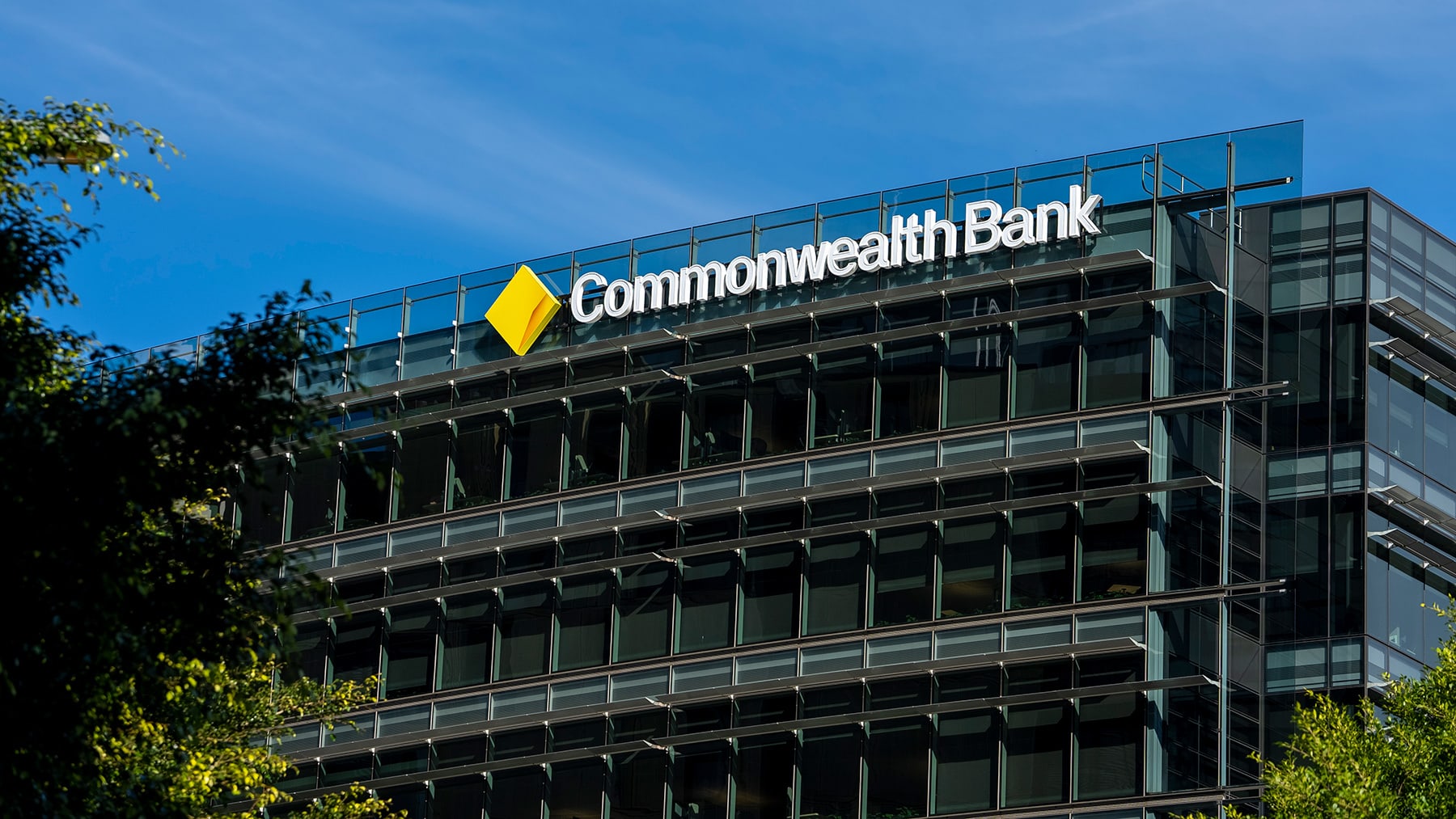Borrow
25% fewer players: Banking boom set to reverse
Up to a quarter of Australia’s banks could exit the market within five years due to pressures associated with COVID-19.
25% fewer players: Banking boom set to reverse
Up to a quarter of Australia’s banks could exit the market within five years due to pressures associated with COVID-19.

According to GlobalData, the “enduring squeeze” of coronavirus on smaller players in the financial industry could result in the long-term consolidation of the marketplace.
The forecast comes after the recent announcements by a number of banks that profits have taken a hit.
According to GlobalData retail banking analyst Resham Karira, government support and cheap funding will go some way in buffering impacts on the banking sector, “but it can only mitigate the impact”.
She said the recent upswing in authorised deposit-taking institutions (ADIs), which was driven by the launch of neobanks, “appears set to reverse”.

“The next five years could see up to a quarter of ADIs exit the market via sales or mergers.”
It’s not all bad news, however: GlobalData itself has acknowledged that its revised post-COVID-19 forecasts “are not as bleak in Australia as in other countries”.
While growth figures are down across lending and mortgage categories, mortgage balances are still expected to grow across the calendar year.
Consumer loans should also stay relatively steady, with the expectation of a decline of just 0.2 per cent.
Credit card balances are expected to take a larger hit over the year – at 5.5 per cent – but GlobalData was quick to point out that this figure is on par with pre-COVID-19 forecasts.
Still looking ahead, Ms Karira pointed out that “spending, barring panic buying, will decline, and businesses will be hesitant to take on even attractive loans when they have no income”.
With retail customers and small businesses being more vulnerable, she added that banks could see a rise in the delinquency rate, resulting in higher non-performing assets.
About the author

About the author


Banking
ANZ’s company-borrower mortgage clampdown: a risk reset with wide spillovers for SMEs, investors and non-banks
ANZ has tightened credit settings for home loans where the borrowing entity is a company — a narrow policy change with broad commercial consequences. It signals a shift in risk appetite across ...Read more

Banking
CBA’s investor-loan win signals a new phase in Australia’s mortgage machine
Commonwealth Bank’s outperformance in investor mortgages isn’t just a leaderboard moment; it’s a proxy for who owns the next growth leg in a broker‑led, increasingly digital mortgage marketRead more

Banking
A divided Big Four signals a two-track 2026: how to profit from rate uncertainty
Australia’s largest banks can’t agree on where the cash rate lands in 2026 — a split that matters more than the number itself. When the price of money is ambiguous, strategy becomes a game of ...Read more

Banking
Brokers own the mortgage funnel: Why a 77% share is reshaping bank strategy in Australia
Australia’s mortgage market has quietly consolidated around one gatekeeper: the broker. With brokers facilitating roughly 77% of new home loans, distribution power has migrated from bank branches to ...Read more

Banking
Commonwealth Bank leads consideration while People First Bank tops satisfaction in YouGov’s latest rankings
In a revealing snapshot of Australia's banking landscape, the Commonwealth Bank (CBA) has emerged as the most considered financial institution among prospective customers, according to YouGov's ...Read more

Banking
End of the easing: what a major bank’s call signals for Australian balance sheets
A major Australian bank now argues the Reserve Bank’s rate-cut run has hit a pause, resetting the risk-free rate narrative across corporate Australia. The Reserve Bank of Australia’s latest Statement ...Read more

Banking
Open banking, real returns: How an Australian brokerage turned CDR data into deal velocity
Open banking is no longer a whiteboard theory—it’s a working growth engine. This case study unpacks how a mid-sized Australian brokerage (“Pink Finance”) operationalised Consumer Data Right (CDR) data ...Read more

Banking
Open banking’s quiet revolution: how one broker’s data play rewrites speed, trust and margin
Open banking is shifting from compliance cost to commercial engine, and early adopters in Australia’s broking market are already monetising the curve. The playbook: consented bank-grade data piped ...Read more

Banking
ANZ’s company-borrower mortgage clampdown: a risk reset with wide spillovers for SMEs, investors and non-banks
ANZ has tightened credit settings for home loans where the borrowing entity is a company — a narrow policy change with broad commercial consequences. It signals a shift in risk appetite across ...Read more

Banking
CBA’s investor-loan win signals a new phase in Australia’s mortgage machine
Commonwealth Bank’s outperformance in investor mortgages isn’t just a leaderboard moment; it’s a proxy for who owns the next growth leg in a broker‑led, increasingly digital mortgage marketRead more

Banking
A divided Big Four signals a two-track 2026: how to profit from rate uncertainty
Australia’s largest banks can’t agree on where the cash rate lands in 2026 — a split that matters more than the number itself. When the price of money is ambiguous, strategy becomes a game of ...Read more

Banking
Brokers own the mortgage funnel: Why a 77% share is reshaping bank strategy in Australia
Australia’s mortgage market has quietly consolidated around one gatekeeper: the broker. With brokers facilitating roughly 77% of new home loans, distribution power has migrated from bank branches to ...Read more

Banking
Commonwealth Bank leads consideration while People First Bank tops satisfaction in YouGov’s latest rankings
In a revealing snapshot of Australia's banking landscape, the Commonwealth Bank (CBA) has emerged as the most considered financial institution among prospective customers, according to YouGov's ...Read more

Banking
End of the easing: what a major bank’s call signals for Australian balance sheets
A major Australian bank now argues the Reserve Bank’s rate-cut run has hit a pause, resetting the risk-free rate narrative across corporate Australia. The Reserve Bank of Australia’s latest Statement ...Read more

Banking
Open banking, real returns: How an Australian brokerage turned CDR data into deal velocity
Open banking is no longer a whiteboard theory—it’s a working growth engine. This case study unpacks how a mid-sized Australian brokerage (“Pink Finance”) operationalised Consumer Data Right (CDR) data ...Read more

Banking
Open banking’s quiet revolution: how one broker’s data play rewrites speed, trust and margin
Open banking is shifting from compliance cost to commercial engine, and early adopters in Australia’s broking market are already monetising the curve. The playbook: consented bank-grade data piped ...Read more








